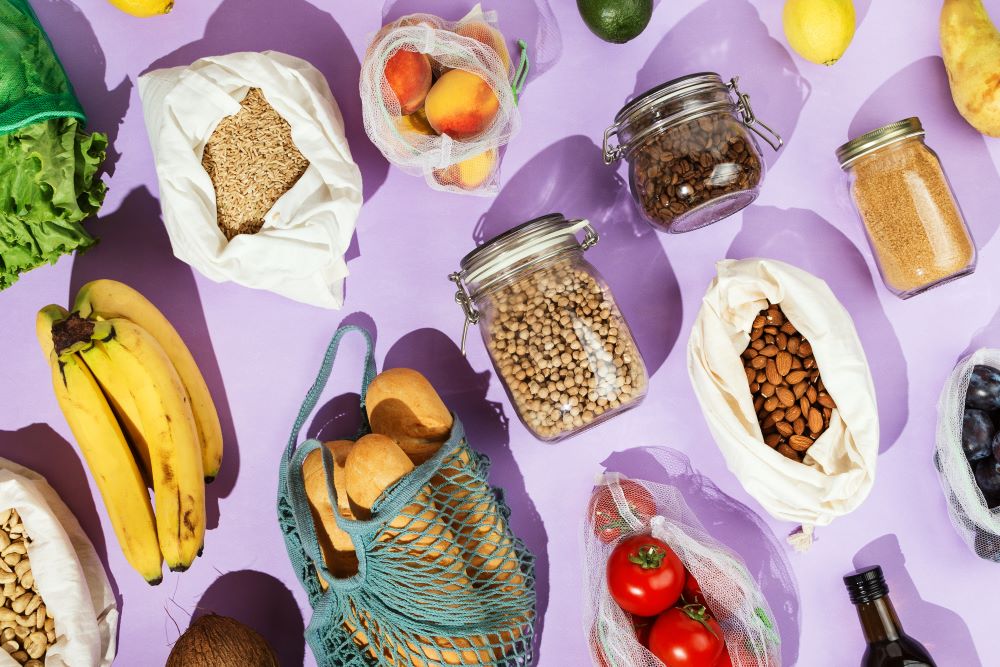
A coalition of farming and environmental groups are calling on the government to ensure that future trade deals do not undermine standards in Britain.
Ten groups have written to international trade secretary Kemi Badenoch, calling on her to ensure a “level playing field” in future deals so that Britain’s domestic industry is not disadvantaged.
Signatories – which included the National Farmers’ Union, Tenant Farmers Association and the RSPCA – called for a set of minimum product standards to “ensure imports do not undermine domestic standards”, reports the FT.
Core standards
They asked for Badenoch to form a set of core standards to be written into legislation on imports that would safeguard animal welfare and green targets.
Britain’s trade deals with Australia and New Zealand have previously been criticised by farming and environmental groups for potentially undermining standards in the UK.
David Bowles, who signed on behalf of the RSPCA, said: “we hope the new government will look afresh at this issue.”
Imports from countries the UK is signing trade deals with could also come with increased transport emissions and a greater risk to overseas deforestation, reports Farmers Weekly.
The letter said it was “encouraging” that Badenoch had previously said that “the UK should demand the same standards of farmers in other countries as we do of our own”.
Disparities
The British Egg Industry Council has warned of a huge disparity between welfare standards and prices in the UK and India, as Indian producers use cages that are outlawed in the UK, resulting in a 30% difference in costs.
Food Manufacture reports that the Chartered Institute of Environmental Health (CIEH) has also expressed concern over trade deals lowering food standards in the UK.
The CIEH said that the government’s response to a parliamentary report appeared to confirm several of their worries.
Trade committee report
The International Trade Committee recently (29 September) published the government’s response to its report on the Australia-UK trade deal.
In its response, the government stated that the trade deal was the first in the world “to contain a dedicated animal welfare chapter, which provides protection against either country lowering their standards to gain a trade and investment advantage.”
The government also pointed to a new Trade and Agriculture Commission that would scrutinise any future trade deal’s impact on food and agriculture, as well as stating that the UK’s statutory sanitary and phytosanitary protections would remain unchanged.
Angus Brendan MacNeil MP, the chair of the committee, said that whilst he welcomed the response, “it is disappointing that not all of our points were fully responded to.”



